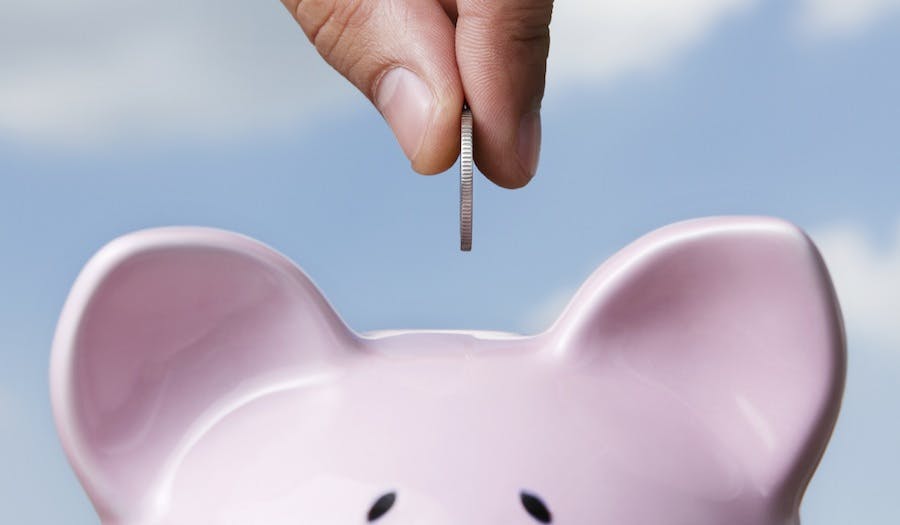Australians are making plans to secure their future as the nation’s consumer confidence dips sharply.
The MasterCard Index of Consumer Confidence has revealed a fall from 49.2 in the first half of 2014 to 37.2 this half.
1207 individuals aged 18 – 64 were surveyed by MasterCard, which found 1 in 3 Australians are expecting the economy and unemployment to deteriorate in the next few months.
“The uncertainty following the Federal Budget and the unpredictable unemployment rate appears to have spooked consumers and made them more pessimistic about the latter half of 2014,” said Andrew Cartwright, MasterCard Australia Country Manager and SVP.
“Against this background, Australians are being conscious about how they save and spend their money, and how employable they are.”
39 per cent of respondents said they intend to save more money and 1 in 3 plan on taking on an educational course.
The negative outlook has Australians trying to spend less, with one third of respondents saying they intend to cut back on how much they spend on luxury items than in the past year.
“Where we are still spending, we are demanding bigger bang for our buck,” said Nicole Pedersen-McKinnon, founder of independent website TheMoneyMentorWay.com.
“More than three quarters of us now shop online for cut-price luxury items. And discount coupons (24%), online reviews (39%) and word of mouth (41%) heavily influence our restaurant choices, suggesting a growing aversion to shelling out for a disappointing experience.”
Australians are spending an average of $154 per month on eating out, with food courts and fast food outlets accounting for almost half of these experiences.
While saving is a priority for some Australians, it will not come at the cost of a drastic lifestyle change. 17 per cent of respondents admitted they would be eating out more in the next 6 months, with 19 per cent saying they will simply spend less when doing so.
“‘She’ll be right’ appears to be morphing into ‘she’ll be responsible’ when it comes to money – and that’s no bad thing,” Pedersen-McKinnon said.
“Australians en masse are seeking to safeguard their finances by increasing savings buffers and securing their income either from their current job or – as employment prospects in some industries wane – in a new field entirely.”
Property was found to be a factor driving Australians to save, with 31 per cent saying they were saving to buy or renovate a property. Saving for a holiday (31 per cent) also came on the list, followed by saving for a car (20 per cent) and electronic gadgets (19 per cent).

